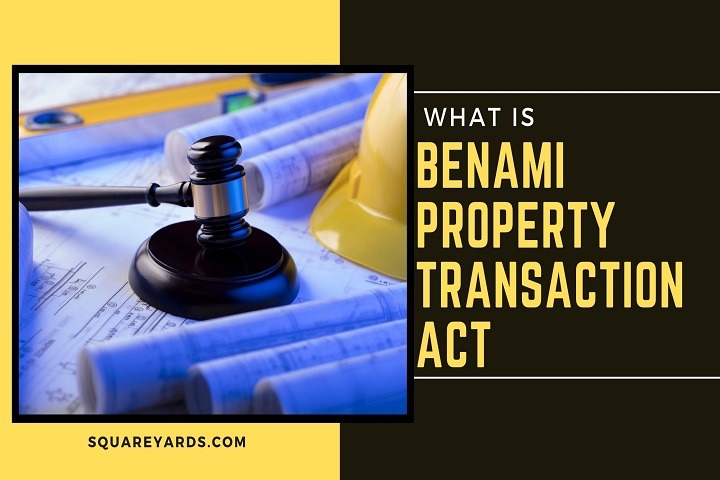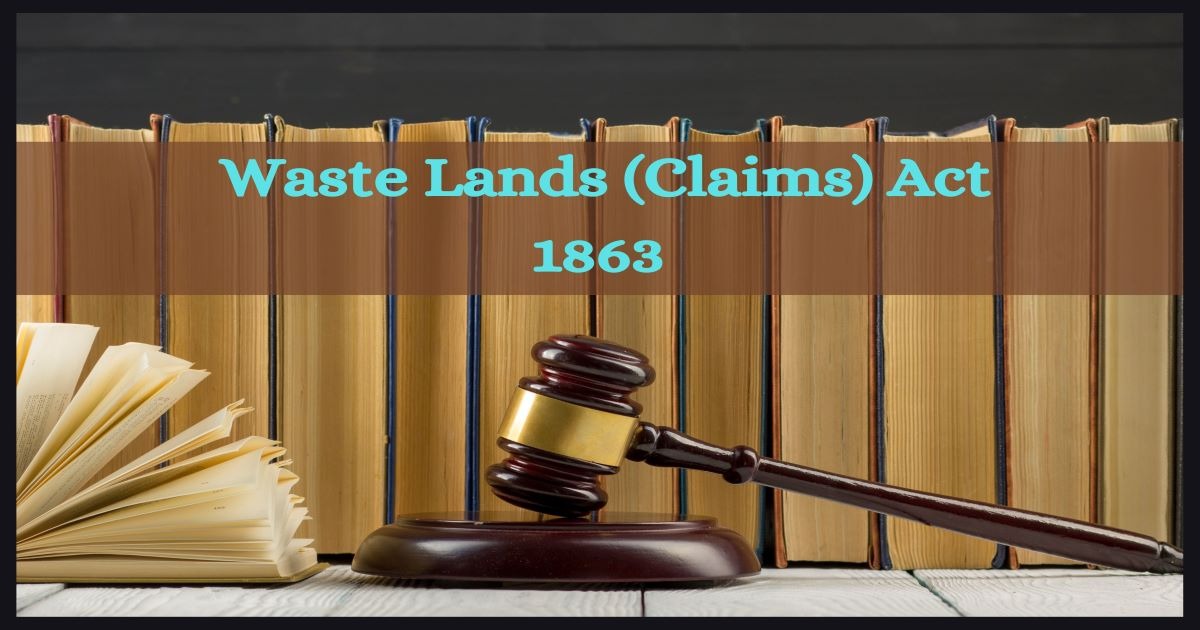In Hindi, the term ‘Benami’ refers to something that does not have a name associated with it. Thus, a property purchased by an individual that is not in his/her name is referred to as Benami property. This is inclusive of properties purchased in the name of children or spouses for which the payment has been done through a known source of income.
Moreover, joint property is purchased in the name of a brother, sister, or any other relative, and the payment is done through a familiar source of income, and that too is termed as Benami property. In addition, the transaction associated with it is known as the Benami transaction.
In lieu of escaping taxation, people put their black money into buying Benami property, and it becomes intimidating to trace the real owners of the property because of the fake registration names and IDs. The person, in whose name the property is purchased is called Benamdar. Benami transactions are inclusive of any asset purchase like movable, immovable, tangible, legal documents, or any interest or right.
Table of contents
Benami Transaction Act
The first law associated with Benami transactions was presented in the Benami Transactions Act,1988, however, it only included eight sections. Later, this was amended as the Benami Transactions Amendment Act, 2016 which comprised 72 sections.
Benami Transaction Act 1988
The Benami Transactions Act of 1988 was presented by the Parliament of India to keep a check on certain financial transactions. In this Act, any Benami transaction is considered as a purchase of property in someone else’s name for which the consideration has been paid by another person.
Benami Transaction Act 2016
Under section 2(9) of the Act, a Benami Transaction is one in which:
- Property is bought in the name of one person
- Property is under a fake name
- The owner of any such property is in denial of any information about the transaction
- The person who paid for the property is untraceable
Key Features of the Benami Transaction Prohibition Act
- The Act is about a Benami transaction and Benami property, which excludes the transactions that are not legit.
- It defines the strategy for determining such transactions and the penalties associated with the transaction.
- Under this Act, the powers of a civil court will be available for the concerned authorities.
- Multiple services have been listed for protecting the action which is taken in good faith or for services of notice.
- With this Act, the government has the power to consult the chief justice of the High Court, for appointing one or more special courts from the Sessions Court for the Bill.
Why is the Benami Property Act Considered to be Illegal?
In India, Benami transactions have been taking place because of many unwanted reasons like tax evasion, money laundering, etc. Also, it was found that these transactions were used for transferring the property to someone else’s name, which defeats the lawful claims of the creditors by defrauding them. Thus, there were losses and multiple occurrences of frauds because of the Benami transaction. With this context, the government decided to forbid these transactions in the country.
Penalties under the Benami Property Act
- The Benami property can get confiscated
- Prison sentence for 1 to 7 years
- Fine upto 25% of the overall market value of the property
- If a person who is responsible for providing the necessary information fails to do so, he/she is punishable with:
- Prison sentence for 6 months to 5 years
Fine upto 10% of the overall market value of the property
Important Real estate Terms You Should Know
| Balloon Payment | What is Balloon Payment |
| Bare Shell and Warm Shell | What is Bare Shell and Warm Shell |
| Capital Gains Tax | Capital Gains Tax |
| Common Areas in Apartments | What is Common Areas in Apartments |
| Commencement Certificate | What is Commencement Certificate |
| Carpet Area | What is Carpet Area |
| Brownfield Project | What are Brownfield Project |
| built-up-area | What is built-up-area |
| Debt to Income Ratio | What is Debt to Income Ratio |
| Super Built-up Area | What is Super Built-up Area |
Frequently Asked Questions
How to avoid Benami transactions?
You can avoid a Benami transaction by not purchasing a property in someone else’s name.
How to report Benami property?
You can visit the website https://www.incometaxindiaefiling.gov.in/ and report the Benami transaction.
What was Benami purchasing?
Benami purchase is one in which a particular thing is purchased in one’s name and paid by another .
How do you prove property in Benami?
It can be proved that a property is Benami, if:
- Property is under a fake name
- The owner of any such property is in denial of any information about the transaction
Who is a Benamidar?
Benamidar is a person in whose name the property has been purchased but is not paid by him/her.
Who is the initiating officer in the Benami transaction?
The Assistant Commissioner or Deputy Commissioner are the initiating officers.
Can a husband claim a property brought in his wife's name?
Yes, but the fund source from which the property has been purchased should be legit.
What is the difference between ostensible owner and Benami transaction?
Ostensible ownership is of a person who is not the real owner but has the intention of owning the property, which is not in the case of Benami ownership.




































